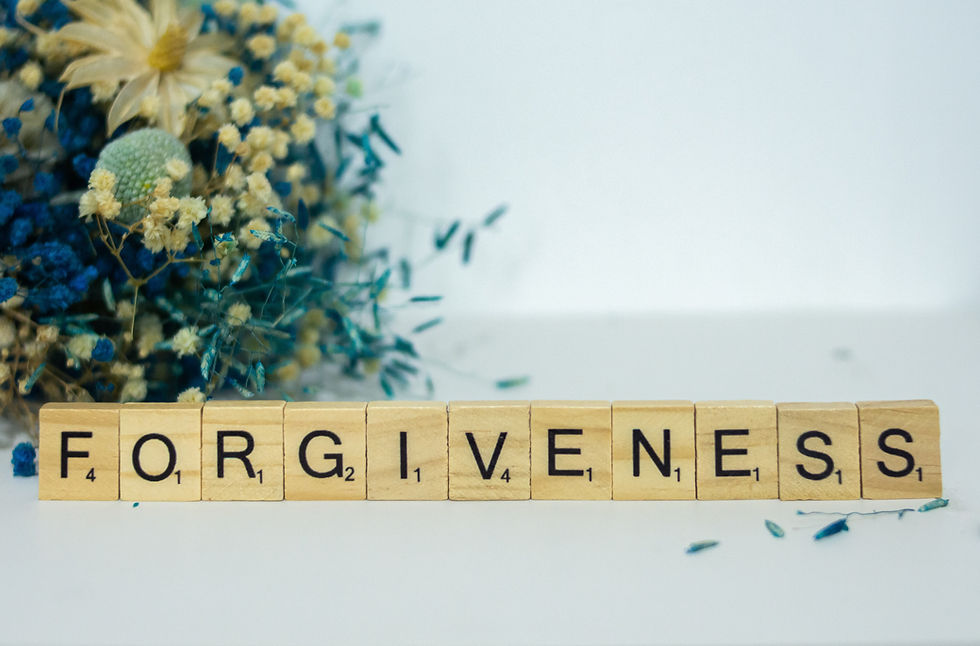Friendship: The do's and don't of support
- Robin

- Jul 16, 2022
- 2 min read
Updated: Jun 26, 2024
Every person has a unique set of needs. Support is not a 'one size fits all' situation. Being supportive is a skill and it isn't always easy. Giving emotional support first and cognitive support second is a great way to ensure that you have validated the feelings of others.

Support vs. Advice
DON'T TAKE CHARGE
It can feel natural to jump in and want to fix the problem that a friend is having. However, when we seek to fix we inadvertently change our style of listening. Instead of hearing the feeling and the experience of others, we begin to analyze and look for critical components that could draw solutions. Often, the problem is not yours to fix and beyond your control. It can be incredibly frustrating when someone chooses to open up about challenges and they are met with a barrage of solutions. Trust that the other person has already tried obvious solutions or is just looking for support. Direct and obvious help can sometimes lead people to feel helpless. Ask the other person what they want. Your job is to help facilitate the other person's choices, not to dominate them.
Judgement
LEAVE YOUR FEELINGS AT THE DOOR
It is possible that the problems of others can actually trigger you. Maybe you have been on the opposite side of the situation and it’s difficult to hear the other side. Curiosity is the antidote to judgment. Ask open questions with the intent to understand. Acknowledge the ability for their to be multiple truths in a situation. If you struggle with judgment it is perfectly ok to remove yourself from that specific situation. Simply use empathy and say “I am not sure if I am the best person to speak too about this”.
Be there
SIMPLY SIT WITH THEM
Sometimes support is simply letting the person know that they are not alone. If you are at a loss for words, that is ok! Sitting next to a friend, holding their hand, being in their presence is a great way to show that you care.
Let them know they matter
DON’T DOWNPLAY THEIR PROBLEMS
What may seem silly or small to you can actually be incredibly impactful to others. You don’t need to understand the gravity to acknowledge it. Dismissing or downplaying the problems of others sends the message that their issues don’t matter. Try to understand the underlying issue and the feelings underneath. We can all connect on a human level of feeling ignored, undervalued, etc. Listen to their feelings and meet them in those moments (even if you don’t relate to the gravity of the situation).
Don't compete for empathy
IT’S NOT ABOUT YOU
When we try to validate or empathize, it can sometimes turn into you talking about your situation or someone who know who had the same thing happen, etc. This distracts from actually providing support to a friend and it can actually be incredibly dismissive. It is highly unlikely that you and any other person you know experienced the exact same situation and when we compare it can turn into a competition for empathy. Stay on topic with your friend. If you want to talk about your experiences, wait for an appropriate time. Try not to interrupt or distract from the original concern.





